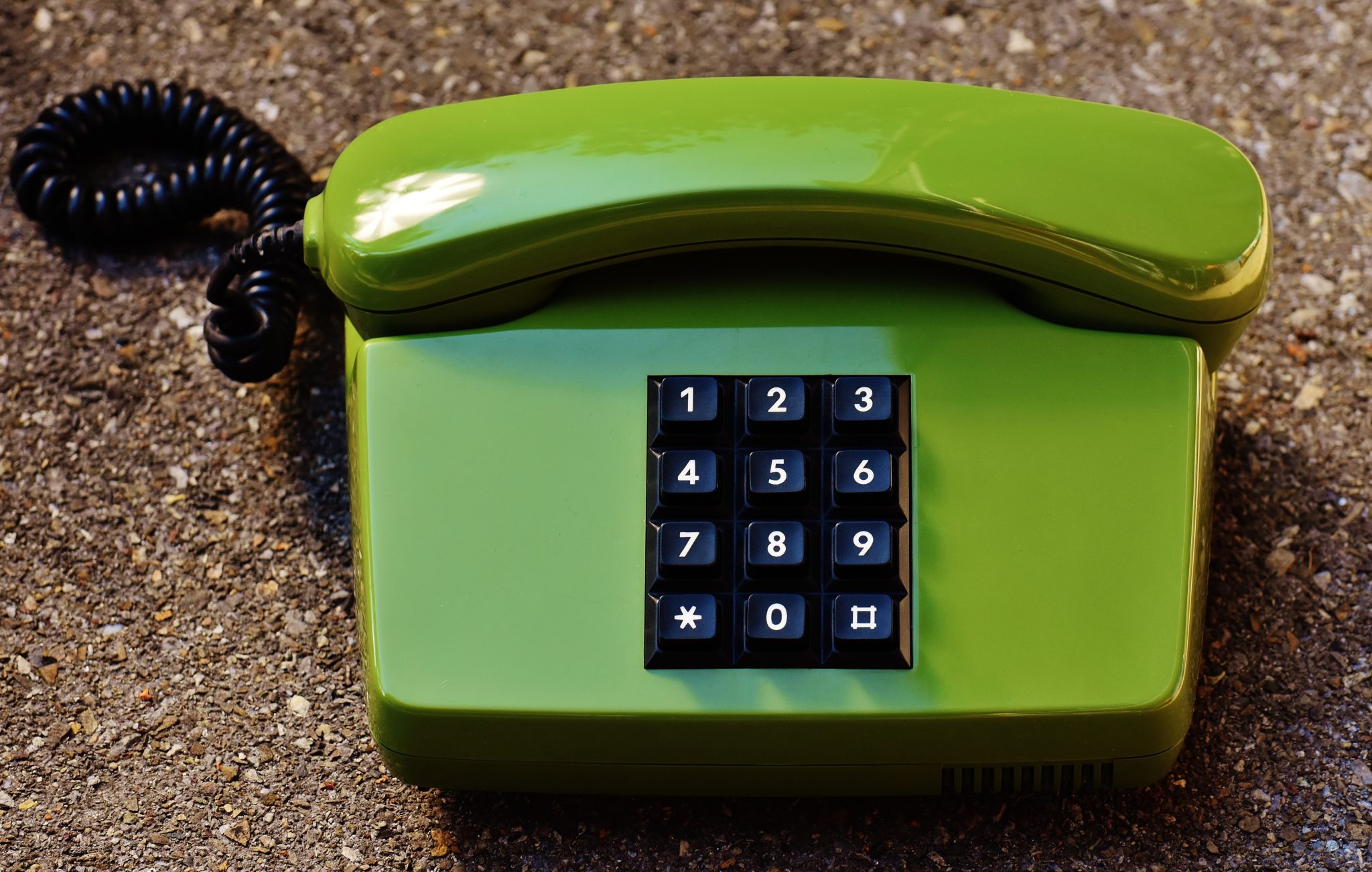
All told, on any given day as radiologists, we may receive tens of phone calls from our colleagues, technologists, fellow clinicians, administrators, friends, spouses, and patients. We are constantly bombarded with phone calls. So much so that I always wondered about the rate of interruption in a radiology practice. Well, I found one such paper. Confirming my suspicions, a study from Radiology Business(1) looked at 1000 minutes of radiologist observation and found that radiologists were interrupted 94 times or 2.4 minutes per interruption. That sounds about right! So, we are a specialty with lots of distractions.
Some of these distractions can be very important. Others not so much. Regardless, many of us feel obligated to pick up the phone to answer questions and resolve all sorts of issues. However, at what point does a phone call interfere with our concentration? Do these phone calls hamper our performance at the job? Should we always pick up the phone or just let it ring? Or, maybe is it worth our while to hire someone to pick up the phone for us? Let’s look at some of these issues and see if we can develop some suggestions for you, the radiologist or radiology resident, as we peruse the data.
Literature Review On Interruptions In The Workplace
Let’s start with the most general and go to the most specific. We know from multiple sources that distractions can severely hamper correct interpretations. Here are a few of those studies. The first study (2) looked at 54 students creating essays with a control group (no interruptions) and two experimental wings (interruptions during outlining or writing the paper). The authors found that writers reduced the word number and quality in the groups with interruptions.
Another article (3) looked at workers participating in a simulated submarine tracking program. In this study, the researchers interrupted the participants for 20 seconds with a blank screen. They found that the interruption significantly impacted situation awareness. These participants were significantly slower and less accurate in making decisions.
Next, let’s look at some healthcare studies. This point is where it gets even more relevant. An excellent review paper (4) looked at distractions in the healthcare environment. Two of the most pertinent studies discussed in the report included an article that found that drug dispensing errors increased by 3.42% with interruptions. Then, another article showed a relationship between surgical errors and the number of disruptions.
Most relevant to us, a paper referencing radiology residents looked at the error rate of reads. They correlated the error rate with the number of phone calls in any given hour. This study showed a correlation of an increased error rate of 12 percent with each additional phone call received on call. They concluded that telephone call interruptions might negatively impact on-call radiology resident accuracy (5).
Applicability To The Radiologist
So, how applicable is this information to us, the radiologists? Let’s take these studies to heart. We know based upon the literature above that distractions are not so great for essay writing, situational awareness, drug dispensing errors, surgical errors, and most importantly, film reading. These are activities that have a direct relationship to our daily work. I think, therefore, that these studies are directly applicable to our situation.
What Do We Do About The Phone Calls?
Now, this is the million-dollar question. We know that it is part of our job to take phone calls, interact with people, and deal with sticky situations amid our work. However, with this information in mind and the knowledge that interruptions cause problems, we as radiologists reasonably need to mitigate many distractions in the workplace. What does this mean?
Well, perhaps, we should have systems that allow other employees to field some of the administrative responsibilities. Radiologists should not be triaging phone calls. Administrators should ensure that only the appropriate phone calls get to the radiologist’s desk.
In addition, we need to be mindful of the impact of distractions on our work. And we need to make appropriate adjustments. If the phone is ringing off the hook and we don’t have administrators to take these phone calls, perhaps, we should not be trying to answer the phone when we are reading a case. Instead, we should answer the phone only when we have completed reading a study.
Summary
Based upon our whirlwind tour through the world of phone calls, distractions, and our work, we now know that phone calls are a significant issue in our workplace. Next time the phone rings, think twice before you answer it!
(2) http://journals.sagepub.com/doi/abs/10.1177/0018720814531786
(3) https://www.ncbi.nlm.nih.gov/pubmed/26314878
(4) https://www.ncbi.nlm.nih.gov/pmc/articles/PMC3007093/
(5) Acad Radiol. 2014 Dec;21(12):1623-8. doi: 10.1016/j.acra.2014.08.001. Epub 2014 Oct 3






